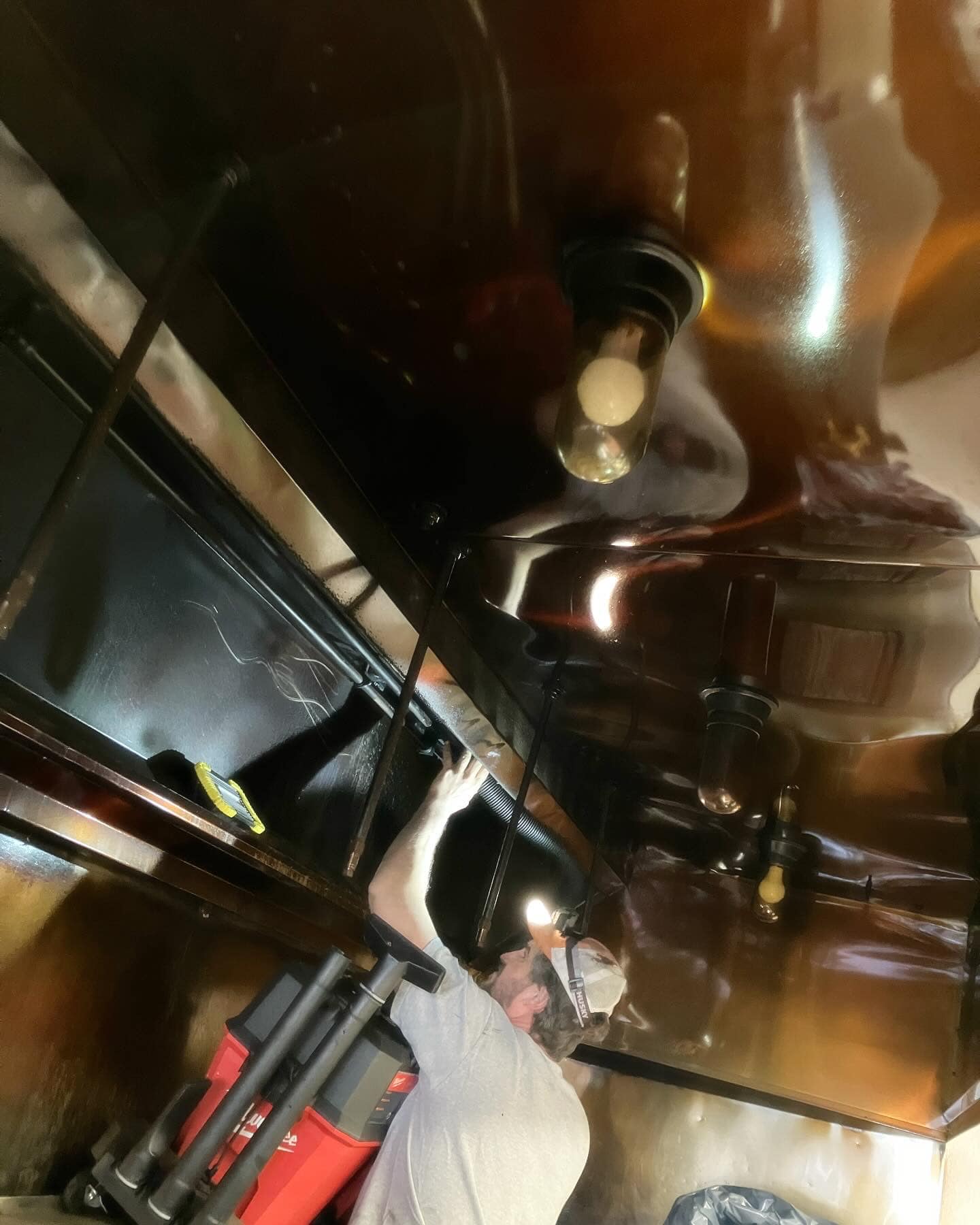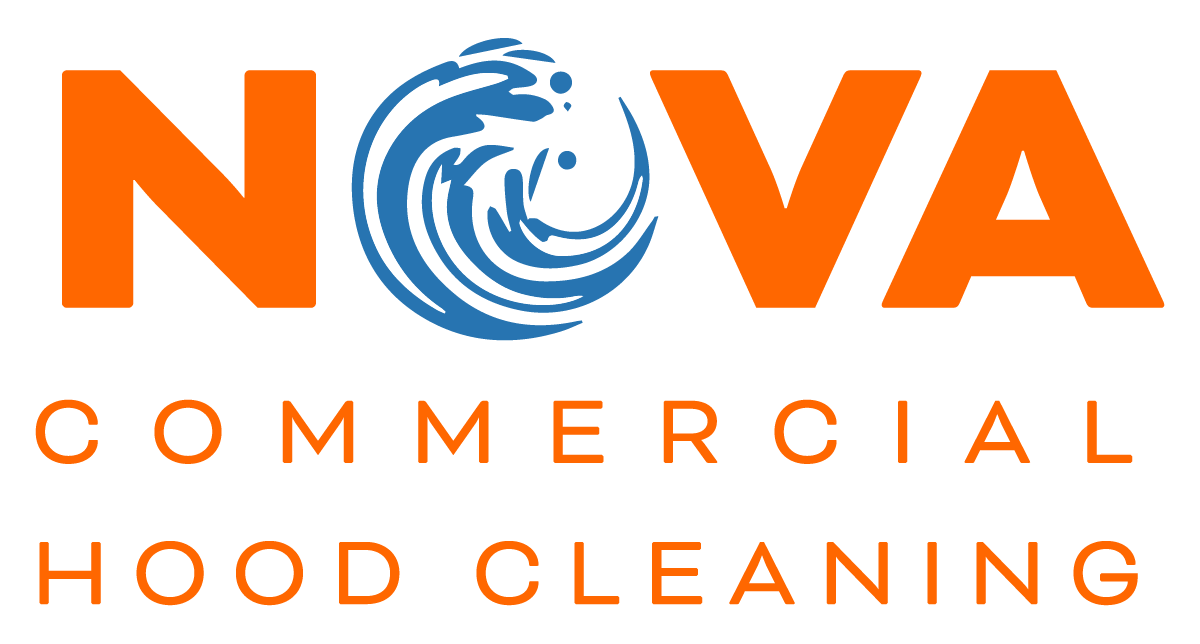The Dangers of Neglecting Commercial Hood Vent Cleaning
A properly functioning commercial kitchen relies on an effective ventilation system to ensure the safety and well-being of both staff and customers. One vital component of this system is the commercial hood vent, which helps remove smoke, grease, and other airborne contaminants from the cooking area. Neglecting regular cleaning and maintenance of the hood vent can lead to serious consequences that jeopardize the safety of your establishment and those within it. In this blog post, we will explore the dangers of neglecting commercial hood vent cleaning and the risks associated with this oversight.
Increased Fire Hazard:
Accumulated grease and debris within the hood vent pose a significant fire hazard. Grease is highly flammable, and when it builds up in the vent system, it creates an environment ripe for ignition. A single spark or excessive heat can trigger a devastating fire that spreads rapidly throughout the kitchen. Neglecting hood vent cleaning increases the risk of such fires, putting the safety of your staff, customers, and property at serious risk.
Impaired Air Quality:
A neglected hood vent can no longer effectively remove smoke, odors, and airborne contaminants from the cooking area. This can result in poor air quality within the kitchen, leading to discomfort, health issues, and reduced productivity for your staff. Breathing in smoke and harmful particles can irritate the respiratory system, cause allergies, and contribute to long-term health problems. Neglecting to clean the hood vent compromises the air quality and creates an unhealthy working environment.
Decreased Efficiency:
When grease and debris accumulate in the hood vent, it restricts proper airflow, hindering the ventilation system’s efficiency. The reduced airflow not only affects the removal of smoke and odors but also impacts the overall performance of cooking equipment. The lack of ventilation can cause excessive heat buildup, leading to decreased efficiency and increased energy consumption. Neglecting hood vent cleaning can result in higher utility costs and decreased productivity in the kitchen.
Risk of Equipment Malfunctions:
A neglected hood vent can affect not only the ventilation system but also other kitchen equipment. Grease-laden vapors and particles can infiltrate and damage exhaust fans, motors, and ductwork. This can lead to equipment malfunctions, decreased performance, and even complete breakdowns. Repairing or replacing damaged equipment is not only costly but also disrupts kitchen operations and impacts your bottom line.
Health Code Violations and Legal Consequences:
Health and safety regulations mandate regular cleaning and maintenance of commercial kitchen ventilation systems, including hood vents. Neglecting this responsibility can result in health code violations, which can lead to fines, penalties, and potential closure of your establishment. Non-compliance with these regulations not only tarnishes your reputation but also exposes you to legal consequences that can significantly impact your business.
Unpleasant Odors and Customer Dissatisfaction:
When grease and contaminants accumulate in the hood vent, they can produce foul odors that permeate the kitchen and dining areas. These unpleasant odors can deter customers, impact their dining experience, and lead to negative reviews. Neglecting hood vent cleaning can result in a negative reputation and loss of business opportunities.
Neglecting commercial hood vent cleaning poses significant dangers and risks to your establishment, staff, and customers. From increased fire hazards and impaired air quality to decreased efficiency, equipment malfunctions, health code violations, and customer dissatisfaction, the consequences of neglecting hood vent cleaning are far-reaching. It is essential to prioritize regular cleaning and maintenance to ensure the safety, functionality, and success of your commercial kitchen. By doing so, you create a healthier, safer, and more productive environment for everyone involved.
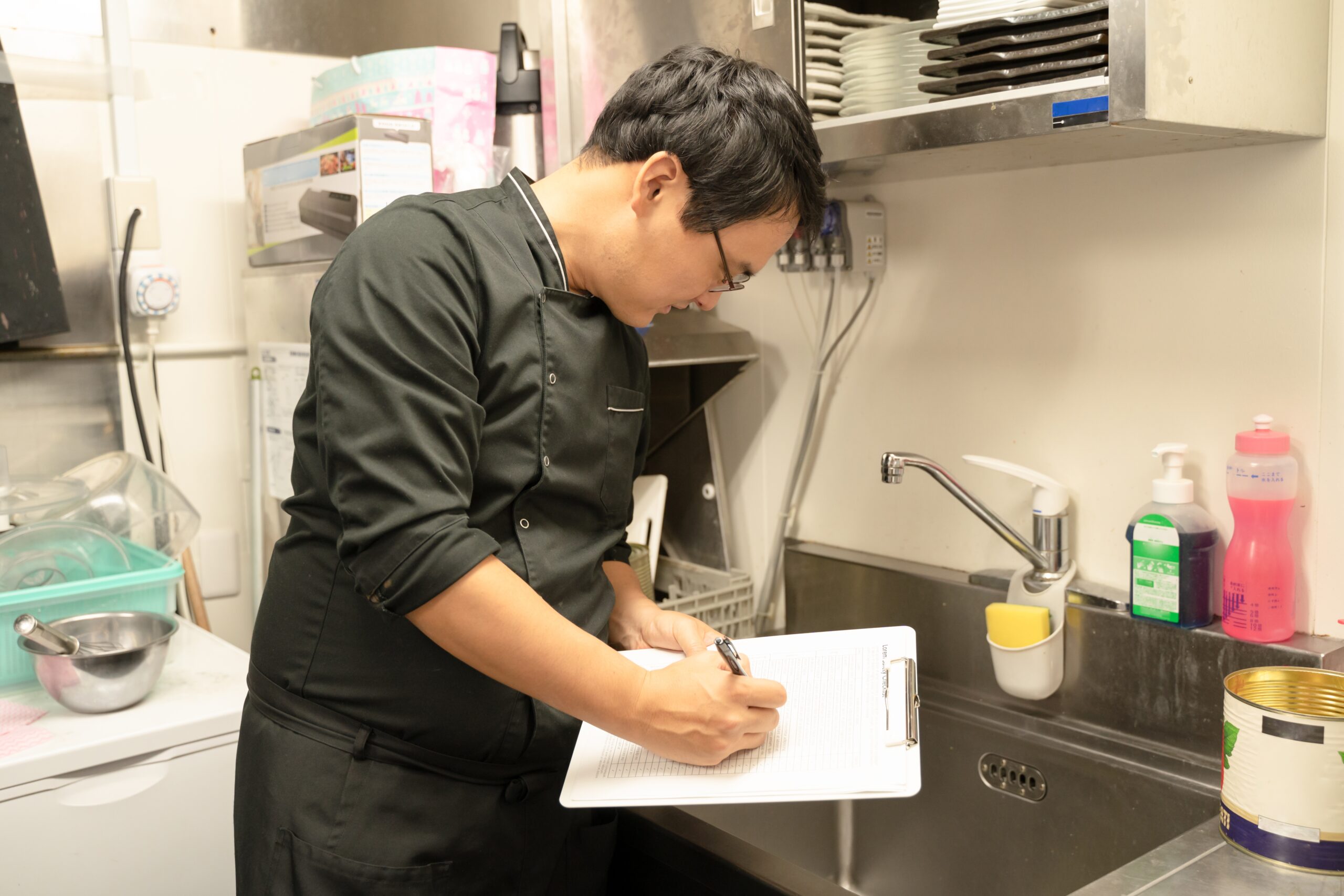
The Grease-Free Guide to Preparing for Health Inspections
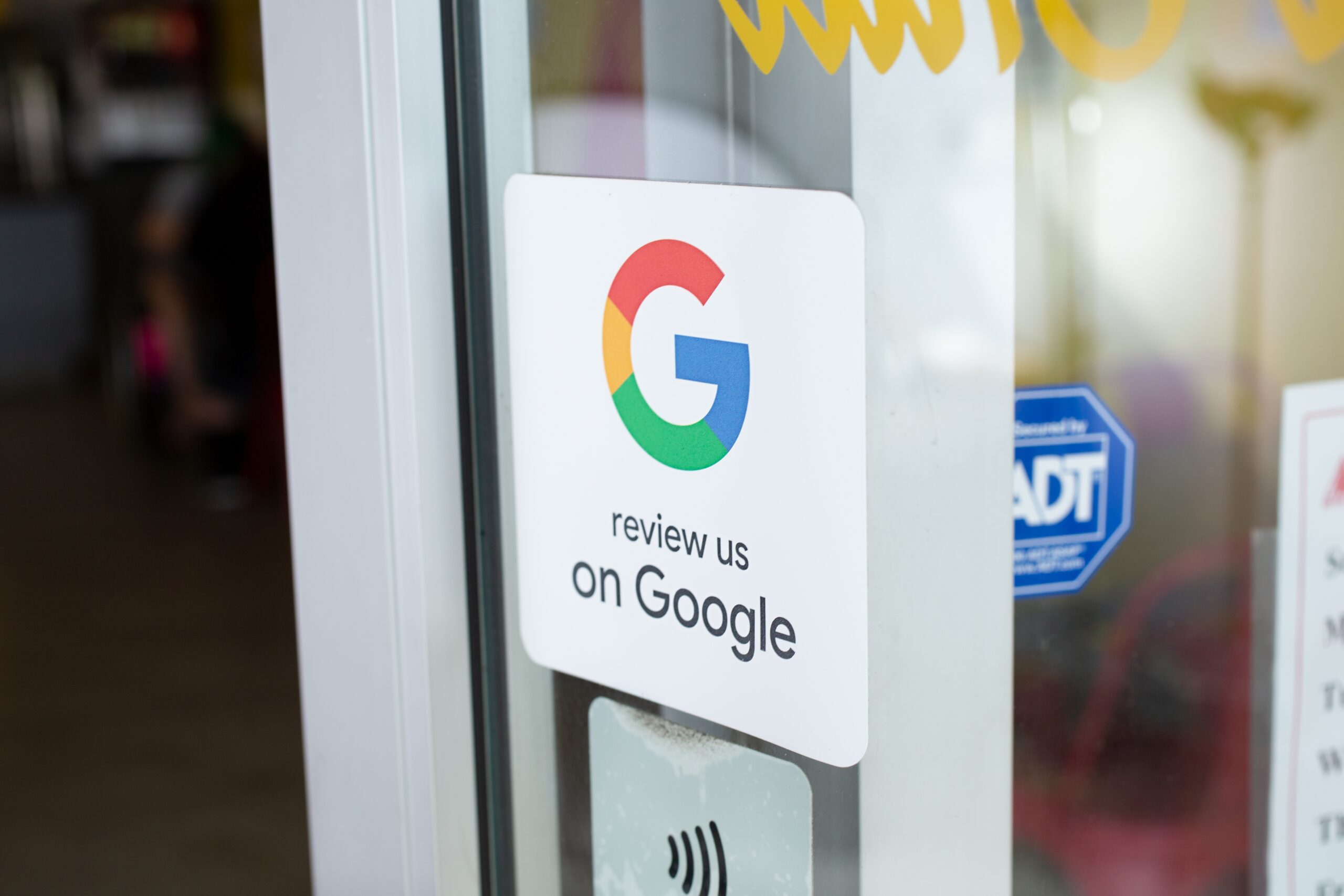
Celebrating Cleanliness: How Regular Hood Maintenance Boosts Restaurant Reviews
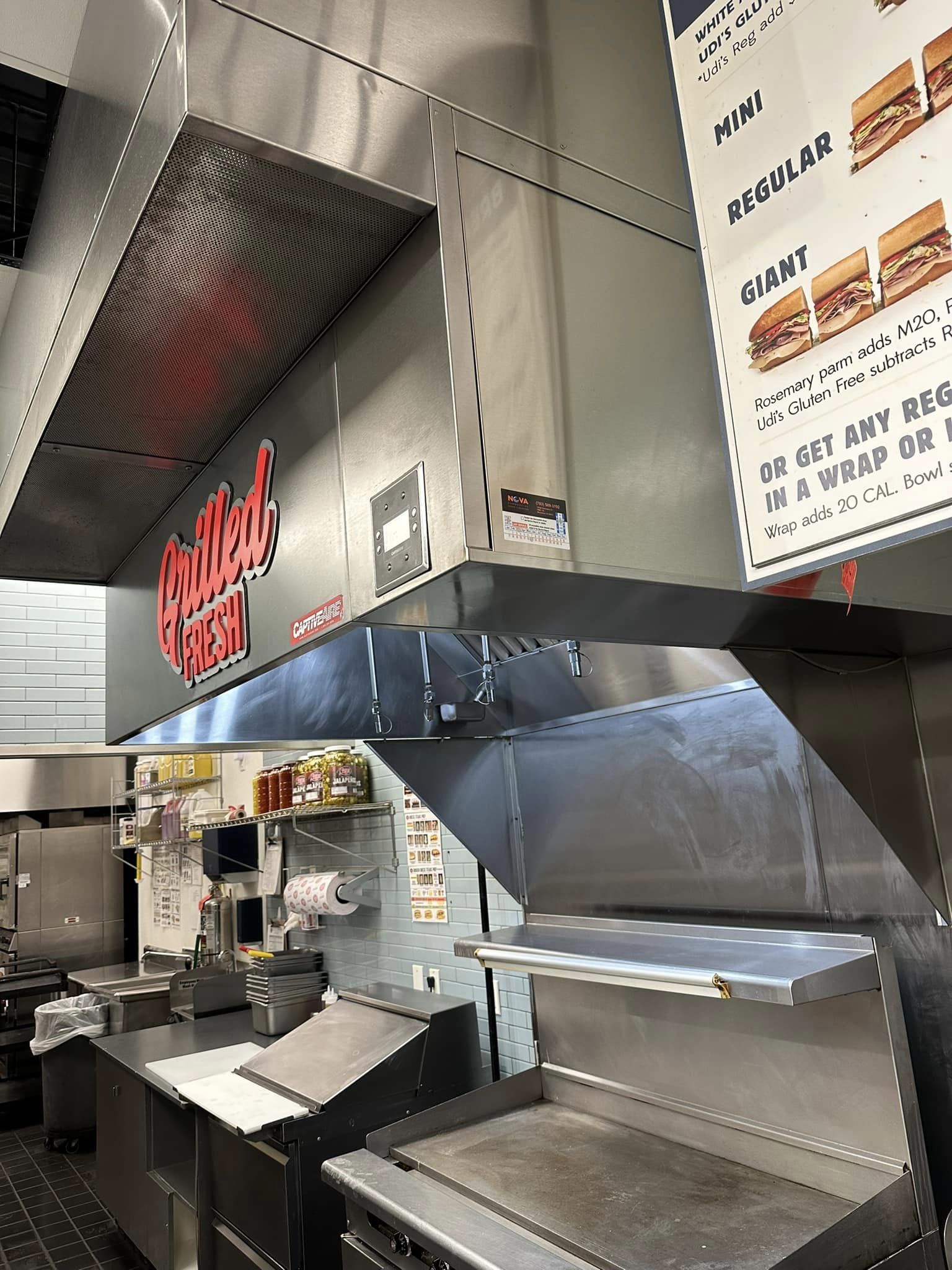
A Clean Sweep: How Jersey Mike’s Subs Maintains Top Hygiene Standards
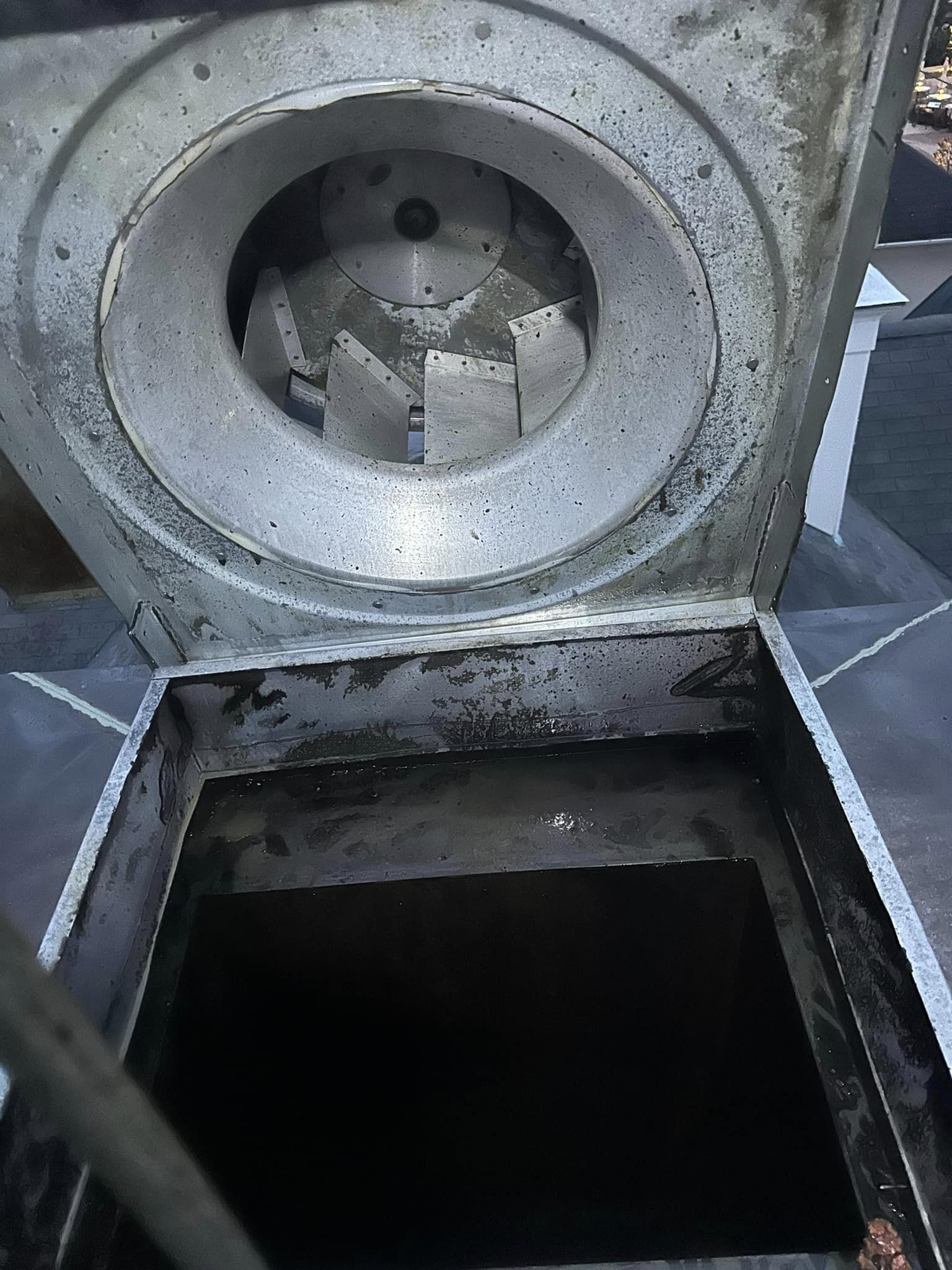
Beyond the Kitchen: Extending Commercial Hood Cleaning to Unexpected Areas
